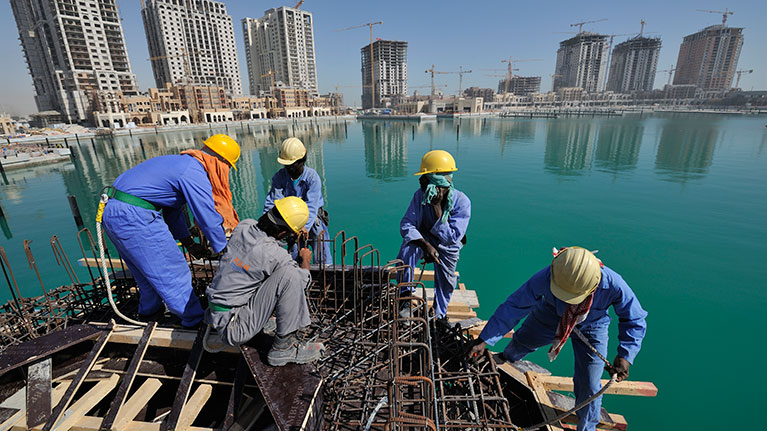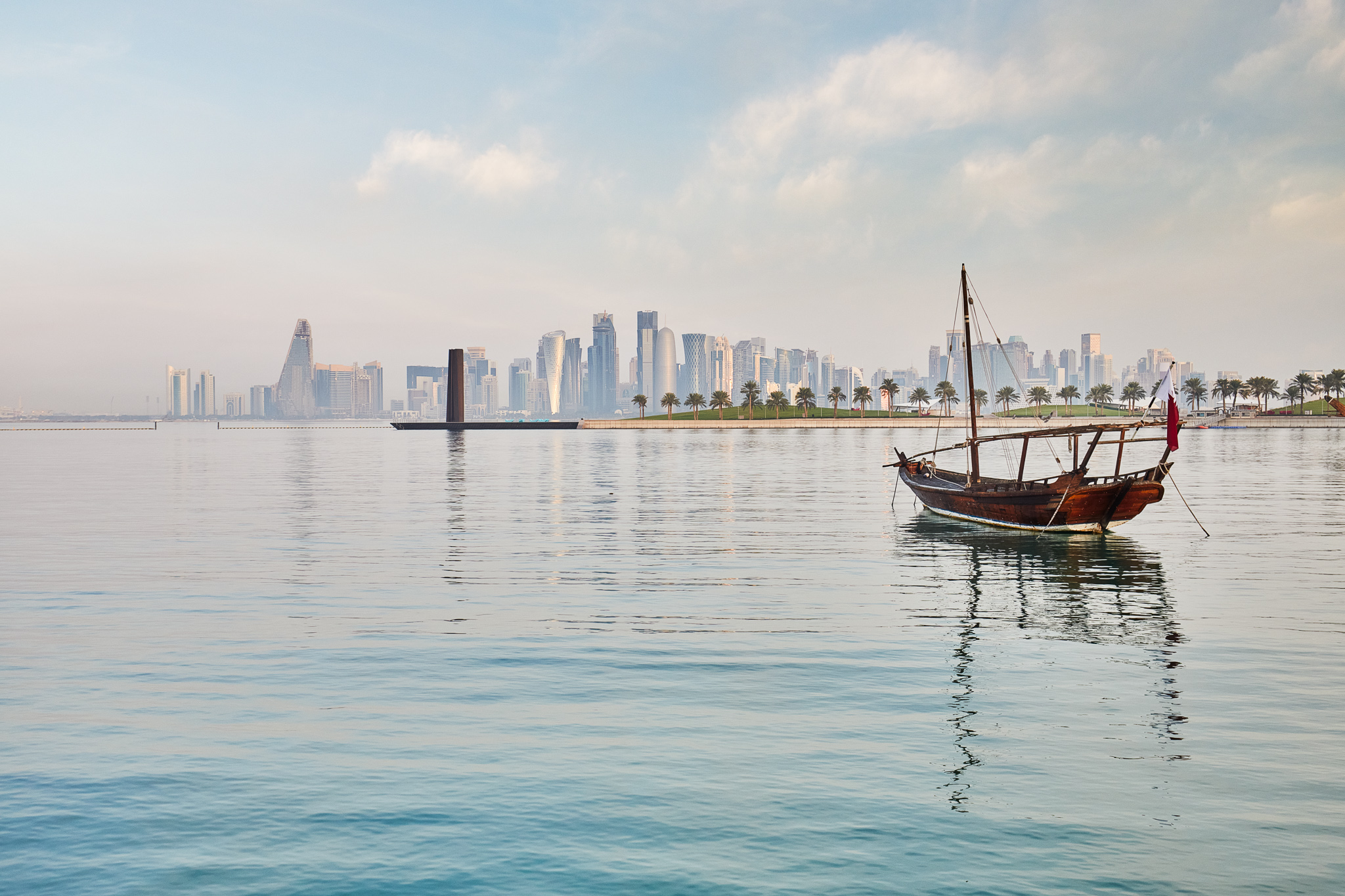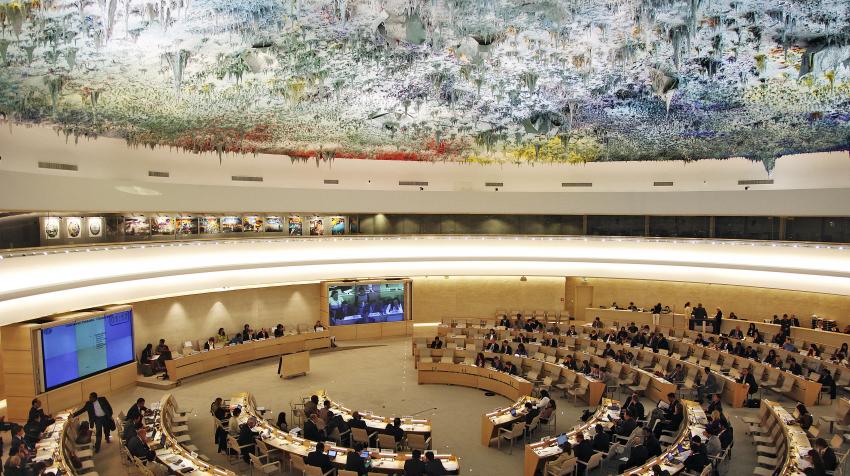For too long, we’ve been hearing stories of migrant workers toiling for long hours in unfavourable conditions.
Stories of security guards made to stand for long hours performing their duties whether indoors, or outdoors while exposed to extreme weather conditions are all too common in Qatar. Employees are expected to carry out their work without adequate rest and sometimes without the necessary protection. What’s sad is they can’t really speak up, and are often afraid to demand better working conditions for fear of retribution from their employers.
The various duties of a security guard during a typical 8-12-hour shift include checking peoples temperature and Ehteraz status, access control at the main gates and building entrances, traffic control at malls, hotels, schools and hospitals, parking duties, and patrolling premisses, among other things. Cleaners and gardeners also carry out arduous tasks for long hours without adequate rest, and off days for many migrant workers aren’t guaranteed.
Both Qatari nationals and residents, through social media, have repeatedly raised concerns over this issue. Occasionally, a member of the public will take photos or videos of security guards out in the blazing sun, or taking refuge under a tree, and with the ensuing public outrage, this sometimes elicits a response from the company and leads to the implementation of some changes. Unfortunately though, for the most part, such cases are still rampant all over Qatar. Despite the public expressing their displeasure and urging both private companies and the government to implement various measures, the status quo largely remains.
Read also: Will the new elected Shura council be kind to migrant workers?
Among migrant workers, this conversation is mostly kept to ourselves. Discussions (hushed for the most part) are had during our bus journeys as we are being ferried to work, during the shift, and in our accommodations after a long commute and an even longer day at work. We connect online through various platforms and find solace in knowing we aren’t going through this alone. Colleagues in different companies also share their work and living experiences, and united in hardship, we forge ahead, bidding good riddance to each dreadful day. We talk about how amazing it would be to have the most basic of changes – as simple as having a chair to rest our weary legs every now and then, as simple as having an air-conditioned cabin when working outdoors, as simple as getting regular breaks during the long shifts, as simple as wishing to be treated with humanity, as simple as a little empathy!
We also dream of being able to change jobs to escape these conditions, but we also know how impossible this can be. This is a story for another day.
Solutions and Recommendations
According to the Qatar Labour Law (Article 124), a company with more than 30 employees can form a Joint Committee. This committee brings together an equal number of workers and management to discuss the organisation of work, production and productivity, training programs, occupational health & safety, cultural awareness, social services, and dispute resolution.
In an ideal Qatar, this Joint Committee would be responsible for bettering worker welfare through the discussion of pertinent issues, but how many companies are participating in this 100% legal, crucial, and brilliant feature? Not many. And how many workers are even aware of the existence of this possibility? Again, not many. Workers should be informed of this and companies should equally allow the formation of the committees to address some of these important issues. I, admittedly, only came to know of this in September 2020 through a contact in the ILO, courtesy of my advocacy pursuits.
Next, the Qatari government should be more proactive to enable decent working conditions for migrant workers. This includes legislative intervention from the Shura Council and active involvement from the Ministry of Labour (ADLSA), consisting of close monitoring, regular workplace inspections, and effective dispute resolution. The government has already done the hard work of reforming the law, it now needs to do more to ensure that private companies, greedy businessmen and employers implement it and abide by it.
And lastly, this one’s for the members of the public – please keep on being valiant, vigilant, and vocal. In case you didn’t know, your support and solidarity is priceless. You so nobly speak up for us, demand change, and hold individuals and entities accountable for our plight. Without public outrage and your show of solidarity, we don’t stand a chance.
Follow Doha News on Twitter, Instagram, Facebook and Youtube
Malcolm Bidali is a human rights activist who frequently blogs on the plight of migrant workers in Qatar and the Gulf region.
The views and opinions expressed in this article are those of the author and do not necessarily reflect the official policy or position of Doha News, its editorial board or staff.







